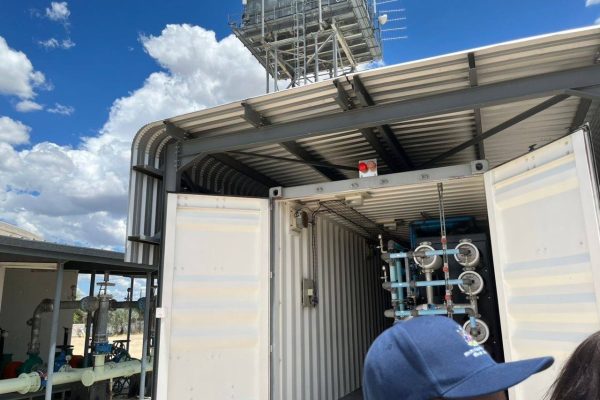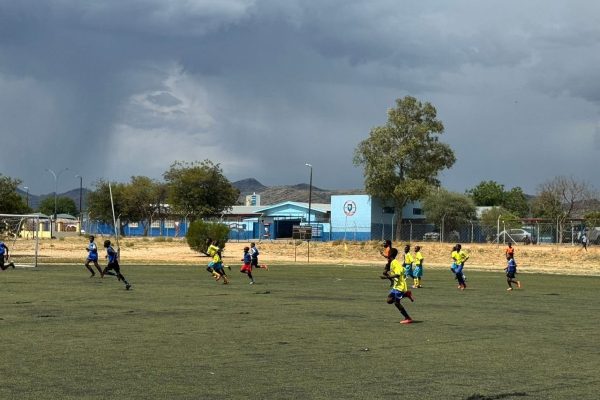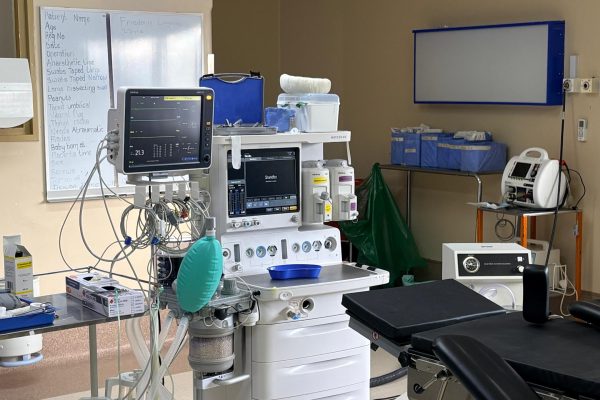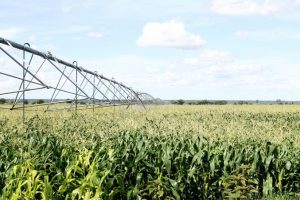
By: Annakleta Haikera
Three green schemes in northern Namibia, Ndonga Linena, Sikondo, and Etunda are set to benefit from the installation of a hybrid solar system aimed at improving productivity and reducing costs.
According to the acting executive director of the Ministry of Agriculture, Water and Land Reform, Ben Haraseb, the project is expected to be finalised by the end of September.
He described it as urgent in ensuring the sustainability of irrigation schemes.
The introduction of hybrid solar energy comes at a critical time, as the high cost of electricity has been crippling green scheme operations.
Farmers and managers have long complained that most of their budgets go towards electricity bills for irrigation pumps, leaving little for maintenance and farm inputs. In some cases, high power costs have even forced schemes to scale down or suspend production.
At the Ndonga Linena Green Scheme in Kavango East, farm manager Janno Rental revealed that electricity alone costs the project about N$12 million a year, with monthly bills sometimes reaching N$1 million.
“With this solar system, we expect to drastically cut power costs and channel more resources into actual food production,” Haraseb said.
Haraseb further noted that each green scheme would receive petty cash to repair broken machines and address urgent needs at the farms. However, he warned against misuse of the funds, stressing the strict use for their intended purpose.
Shadikongoro farm manager, Joseph Mutero, welcomed the petty cash allocation, saying it would help reduce delays in production.
“Previously, we used to wait for weeks or even a month to get approval for repairs. This slowed down production significantly,” he explained.
Meanwhile, during a visit to the Sikondo Green Scheme last Friday, President Netumbo Nandi-Ndaitwah urged the ministry to prioritise securing critical resources for the country’s irrigation projects.
She directed Agriculture Minister Inge Zaamwani to seek an exemption from the Ministry of Finance to fast-track funding for essential agricultural equipment, including drones, tractors, a grid-tied solar system, and a vegetable planter for Sikondo and other schemes.
The President emphasised that affordable and reliable energy remains one of the biggest challenges affecting green scheme productivity. She noted that solar power would ease the financial burden, improve efficiency, and ensure long-term sustainability.
“Investment in renewable energy is not only cost-saving, but also critical for food security and the future success of Namibia’s irrigation projects,” Nandi-Ndaitwah stressed.
The move to introduce solar systems is widely seen as a step towards strengthening food production while promoting renewable energy in Namibia’s agricultural sector.









